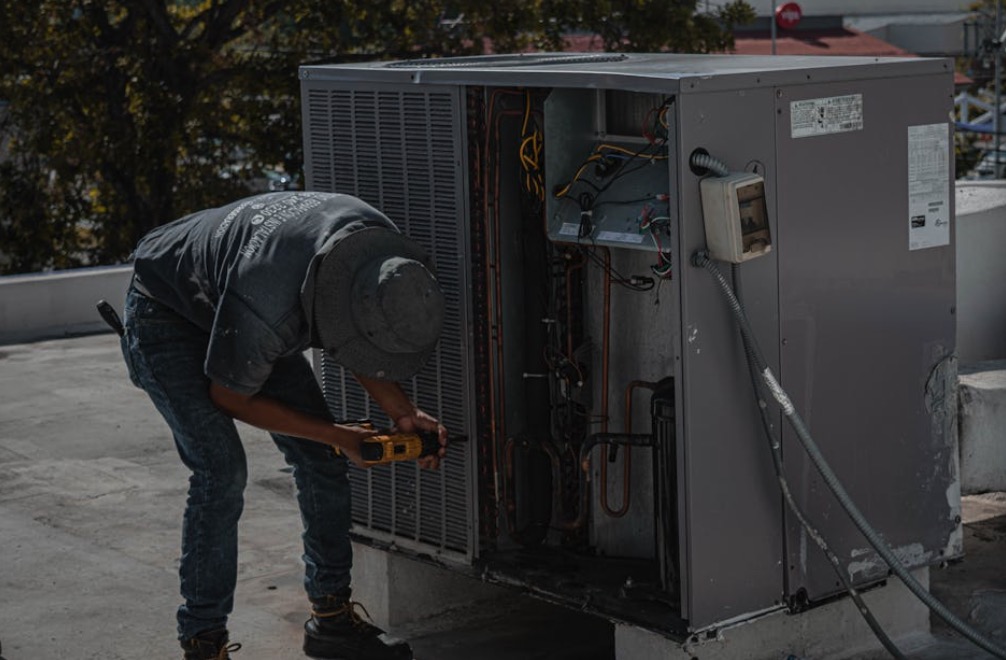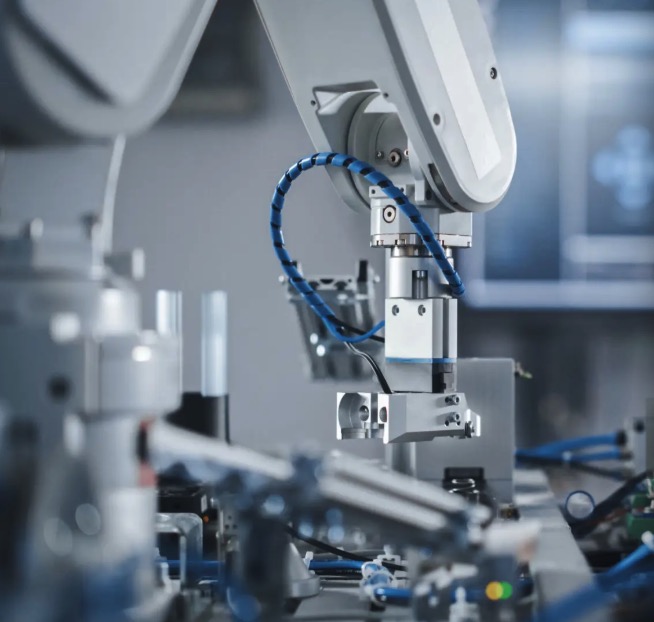Water Temperature Meter: The Ultimate Guide for Accurate Water Temperature Measurement
Article Summary:
Water temperature is an essential parameter that affects many processes and activities, from brewing coffee to swimming in a pool. Therefore, measuring water temperature accurately is crucial for achieving the desired results. However, not all water temperature meters are created equal, and choosing the right one can be challenging. In this article, we will explore the world of water temperature meters, their types, features, applications, and how to choose the best one for your needs.
Table of Contents:
I. Introduction
II. What is a Water Temperature Meter?
III. Types of Water Temperature Meters
– Digital Thermometers
– Infrared Thermometers
– Probe Thermometers
IV. Features to Consider When Choosing a Water Temperature Meter
– Accuracy and Resolution
– Response Time
– Range and Calibration
– Durability and Waterproofing
V. Applications of Water Temperature Meters
– Brewing and Beverage Making
– Aquatic Activities
– HVAC and Plumbing
VI. How to Choose the Best Water Temperature Meter for Your Needs
VII. Conclusion
Introduction:
Water temperature is a critical factor in many fields, including science, engineering, medicine, and daily life. For instance, in brewing coffee or tea, the water temperature affects the taste and aroma of the final product. In swimming pools, spas, or hot tubs, the water temperature determines the comfort and safety of the users. Similarly, in industrial processes, such as HVAC systems or plumbing installations, the water temperature plays a vital role in efficiency and performance. Therefore, measuring water temperature accurately and reliably is essential for achieving the desired outcomes.
What is a Water Temperature Meter?
A water temperature meter is a device or instrument that measures the temperature of water, either directly or indirectly. It can be digital, analog, or a combination of both, and it can use different technologies to sense temperature, such as thermocouples, thermistors, or infrared sensors. Some water temperature meters are handheld, while others are mounted or integrated into equipment or systems.
Types of Water Temperature Meters:
There are three main types of water temperature meters: digital thermometers, infrared thermometers, and probe thermometers.
Digital Thermometers:
Digital thermometers are the most common type of water temperature meters. They use electronic sensors, such as thermocouples or thermistors, to measure the temperature directly, and display the results on a digital screen. Digital thermometers are precise, fast, and easy to use, and they come in various sizes and shapes, from handheld to tabletop models.
Infrared Thermometers:
Infrared thermometers, also known as non-contact thermometers, use infrared sensors to detect the temperature of the water without touching it. Infrared thermometers work by measuring the radiation emitted by the water surface, and they are particularly useful for measuring the temperature of moving or hard-to-reach water sources. However, infrared thermometers are less accurate than digital thermometers, and their readings can be affected by factors such as distance, angle, and ambient temperature.
Probe Thermometers:
Probe thermometers consist of a metal probe that is inserted into the water to measure its temperature. Probe thermometers can be either digital or analog, and they are often used in cooking, baking, or brewing, where precision is essential. However, probe thermometers are slower than digital or infrared thermometers, and they require direct contact with the water, which may not always be feasible or safe.
Features to Consider When Choosing a Water Temperature Meter:
When selecting a water temperature meter, several features and factors must be taken into account, such as accuracy and resolution, response time, range and calibration, durability and waterproofing.
Accuracy and Resolution:
Accuracy and resolution refer to how precisely and finely a water temperature meter can measure the temperature. Accuracy is expressed in degrees Celsius or Fahrenheit, and it indicates how close the measured value is to the actual value. Resolution, on the other hand, is expressed in decimal places or fractions of a degree, and it shows how fine the temperature increments are. A high-accuracy and high-resolution water temperature meter is essential for critical applications, such as scientific research or medical procedures.
Response Time:
Response time refers to how quickly a water temperature meter can detect and display the temperature changes. Response time is particularly crucial for fast-moving or dynamic water sources, such as streams, rivers, or industrial pipes. A responsive water temperature meter can prevent errors and optimize performance.
Range and Calibration:
Range and calibration refer to the maximum and minimum temperature values that a water temperature meter can measure accurately and reliably. Range and calibration depend on the type and model of the water temperature meter, and they may vary from a few degrees to hundreds of degrees. It is essential to choose a water temperature meter with a suitable range and calibration for your specific application.
Durability and Waterproofing:
Durability and waterproofing refer to how resistant and rugged a water temperature meter is against environmental factors, such as moisture, dust, shock, or corrosion. Durability and waterproofing are crucial for outdoor or harsh environments, such as marine, mining, or construction sites. A durable and waterproof water temperature meter can withstand rough handling and exposure to water, chemicals, or debris.
Applications of Water Temperature Meters:
Water temperature meters have numerous applications in various fields and industries, such as brewing and beverage making, aquatic activities, HVAC and plumbing, and scientific research.
Brewing and Beverage Making:
In brewing and beverage making, water temperature is a critical factor that affects the taste, aroma, and extraction of the final product. A precise and reliable water temperature meter can help achieve the desired flavor and quality of coffee, tea, beer, or wine.
Aquatic Activities:
In aquatic activities, such as swimming, diving, or surfing, water temperature is a crucial parameter that affects the comfort and safety of the users. A water temperature meter can help monitor and control the water temperature of pools, spas, or hot tubs, and prevent hypothermia, overheating, or bacterial growth.
HVAC and Plumbing:
In HVAC systems and plumbing installations, water temperature is a vital factor that affects the efficiency, performance, and maintenance of the equipment. A water temperature meter can help optimize the heating, cooling, or mixing of water, and prevent corrosion, scaling, or Legionella bacteria growth.
How to Choose the Best Water Temperature Meter for Your Needs:
Choosing the best water temperature meter for your needs depends on several factors, such as the intended application, the accuracy requirements, the budget, and personal preferences. Generally, it is advisable to choose a water temperature meter that has high accuracy, fast response time, suitable range and calibration, and robust durability and waterproofing. Additionally, it is essential to consider factors such as size, weight, design, display, and battery life.
Conclusion:
Measuring water temperature accurately and reliably is essential for achieving the desired outcomes in many fields and applications. A water temperature meter is a versatile and valuable tool that can help monitor and control water temperature for brewing, aquatic activities, HVAC and plumbing, and scientific research. By understanding the types, features, and applications of water temperature meters, and choosing the best one for your needs, you can ensure that your water temperature measurement is precise, fast, and consistent.

How to Choose Between PT100, Thermocouple, and NTC Sensors
When it comes to measuring temperature in various applications, selecting the right sensor is critical for achieving precision, reliability, and efficiency. Among the most popular options are PT100 sensors, thermocouples



